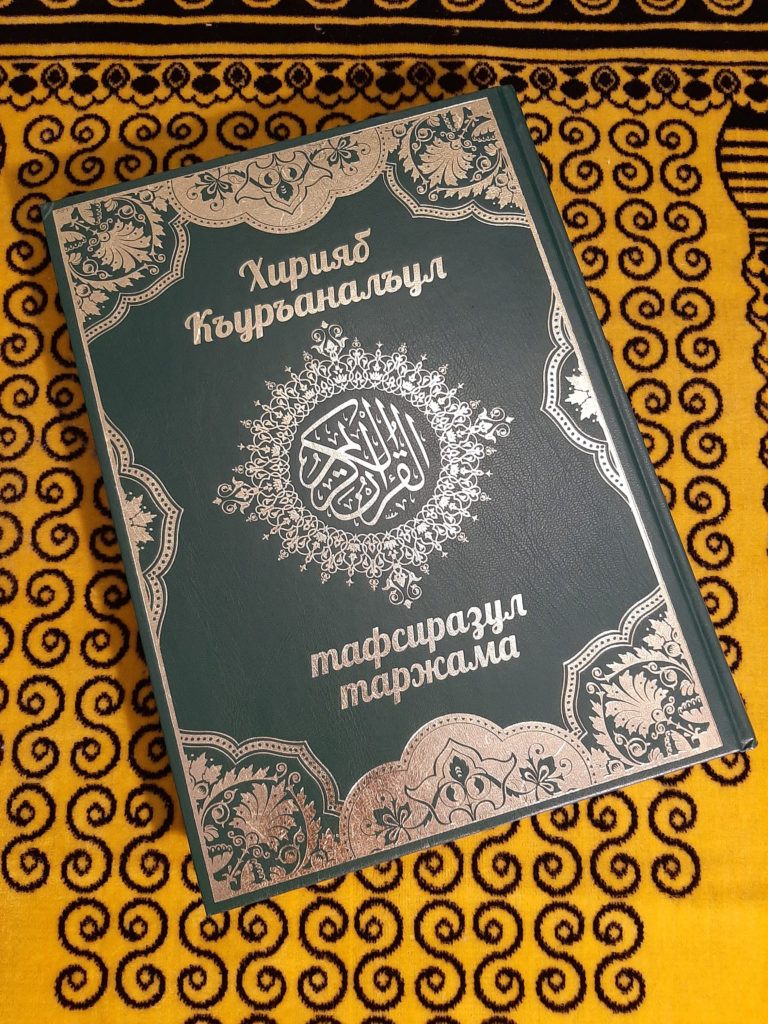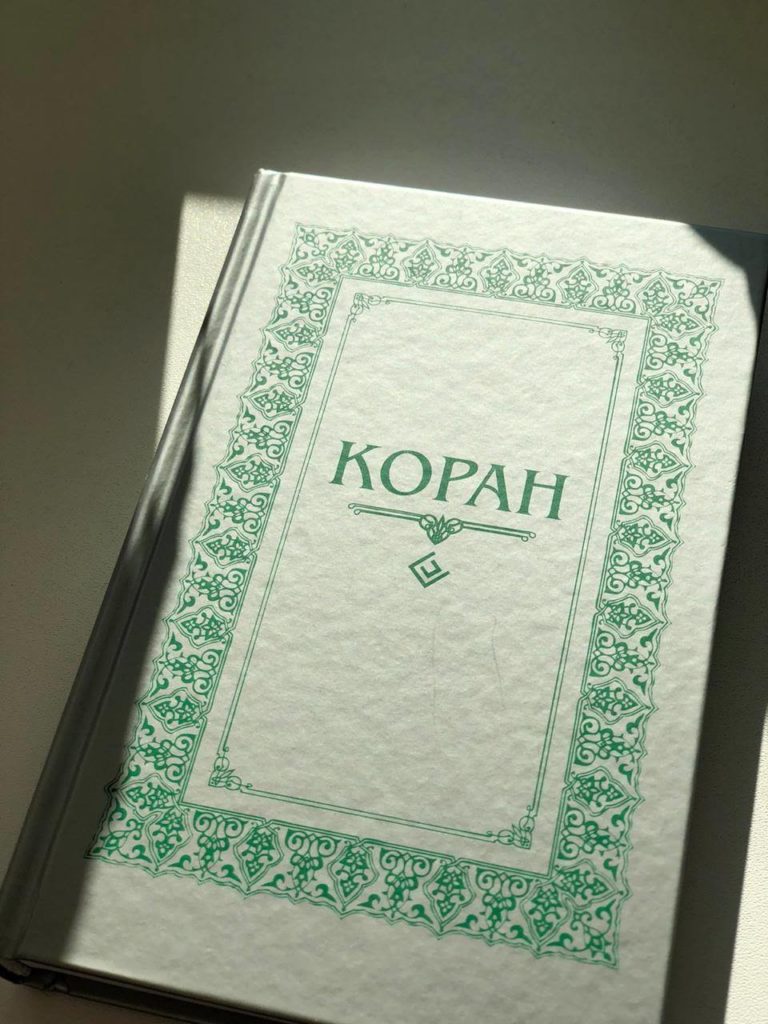Qur’an translation of the week #54: Qur’anic Culture in the North Caucasus and the translation of the Qur’an into the Avar language
The Avar language (originally known as ‘Magarul mac’) belongs to the subgroup of Avar–Andic languages and is currently spoken by more than a million people in Russia (in western Dagestan), Azerbaijan (in the Zaqatala region), and Georgia. The oldest texts written in Avar date back to the fifteenth century and the language has survived a …


